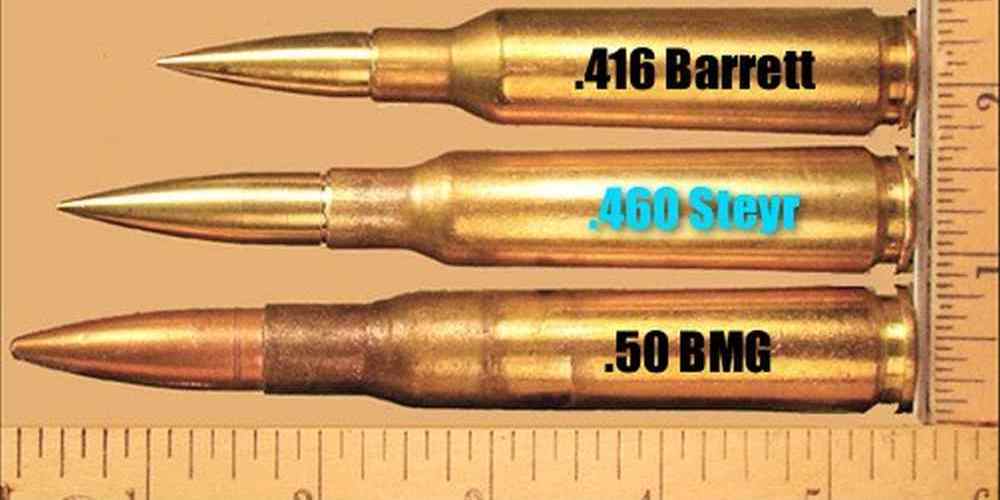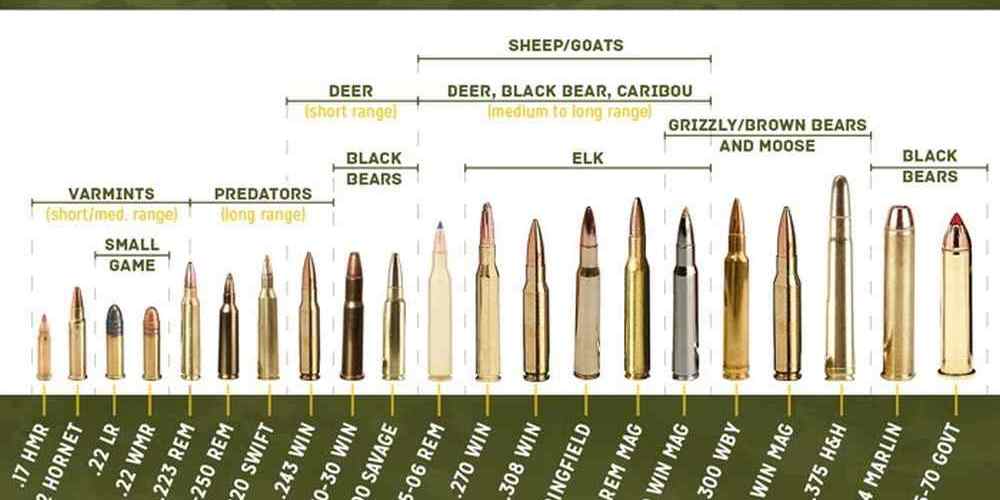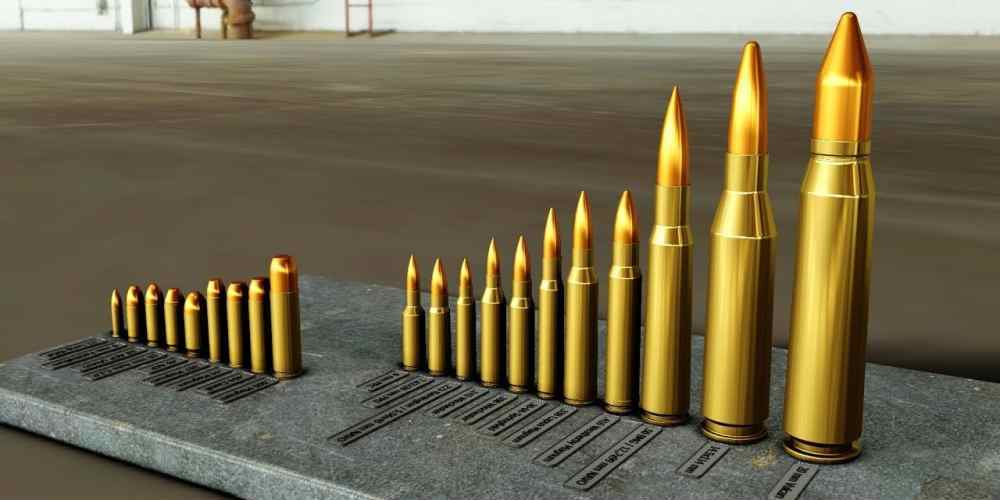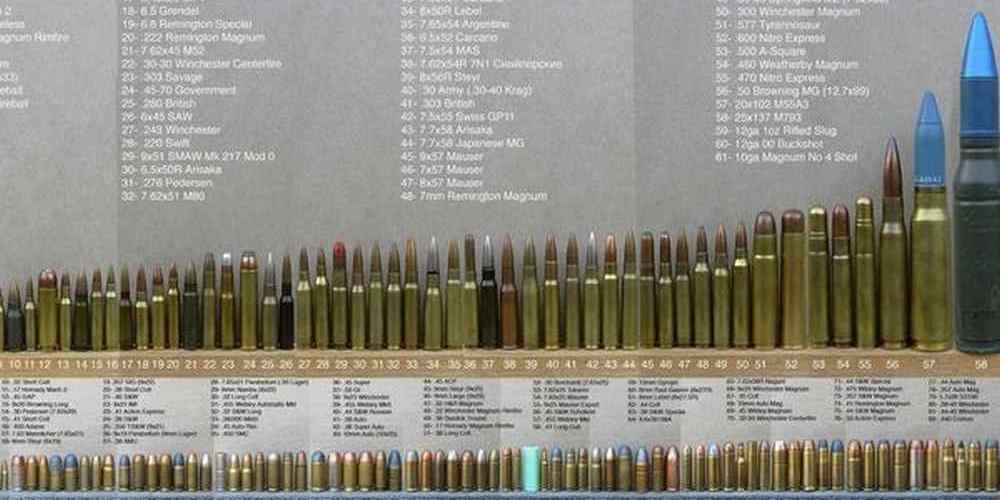“Unlock the power of precision with the right grain weight.”
The Impact of Grain Weight on Rifle Accuracy
When it comes to rifle shooting, there are many factors that can influence accuracy. One of the most important factors to consider is the grain weight of the bullet being used. The grain weight of a bullet refers to the weight of the projectile itself, measured in grains. This weight can have a significant impact on the performance of a rifle, affecting everything from velocity and trajectory to accuracy and stopping power.
In general, heavier bullets tend to be more stable in flight and are less affected by wind and other environmental factors. This can result in greater accuracy at longer distances, making them a popular choice for long-range shooting. On the other hand, lighter bullets may travel faster but can be more easily deflected by wind or other obstacles, leading to decreased accuracy.
The grain weight of a bullet also plays a role in the amount of recoil experienced when firing a rifle. Heavier bullets typically produce more recoil, which can affect the shooter’s ability to maintain accuracy and control. Lighter bullets, on the other hand, may produce less recoil but may also have less stopping power, particularly when hunting larger game.
When selecting a bullet for rifle shooting, it is important to consider the intended use of the rifle. For long-range shooting or hunting larger game, a heavier bullet may be the best choice for optimal accuracy and stopping power. However, for shooting at shorter distances or for smaller game, a lighter bullet may be more appropriate.
It is also important to consider the specific characteristics of the rifle being used when selecting a bullet. Different rifles may perform better with certain grain weights, depending on factors such as barrel length, twist rate, and chamber dimensions. Experimenting with different bullet weights and loads can help determine the best combination for optimal performance.
In addition to grain weight, other factors such as bullet shape, construction, and powder charge can also influence rifle accuracy. It is important to consider all of these factors when selecting ammunition for a rifle, as they can all impact the overall performance of the firearm.
Ultimately, the grain weight of a bullet is just one of many factors to consider when it comes to rifle shooting. However, it is an important factor that can have a significant impact on accuracy, velocity, and stopping power. By understanding how grain weight influences rifle performance and experimenting with different bullet weights, shooters can optimize their rifles for maximum accuracy and performance in any shooting situation.
Choosing the Right Grain Weight for Your Rifle
When it comes to rifle shooting, one of the most important factors to consider is the grain weight of the bullet you are using. The grain weight refers to the weight of the bullet in grains, with one grain equaling approximately 1/7000th of a pound. The grain weight of a bullet can have a significant impact on its performance, including its accuracy, velocity, and trajectory.

Choosing the right grain weight for your rifle is crucial for achieving optimal performance. Different grain weights are suitable for different types of shooting, so it’s important to understand how grain weight influences rifle shooting before making a decision.
One of the key ways in which grain weight affects rifle shooting is through its impact on velocity. Generally, lighter bullets have higher velocities than heavier bullets. This is because lighter bullets require less force to propel them down the barrel of the rifle, resulting in higher muzzle velocities. On the other hand, heavier bullets require more force to achieve the same velocity, which can affect accuracy and trajectory.
In addition to velocity, grain weight also plays a role in the trajectory of the bullet. Heavier bullets tend to have a flatter trajectory than lighter bullets, meaning they will drop less over a given distance. This can be advantageous for long-range shooting, as it allows the shooter to more easily adjust for windage and elevation.
Another important consideration when choosing the right grain weight for your rifle is the intended use of the rifle. For example, if you are using your rifle for hunting, you may want to choose a heavier bullet that will deliver more energy upon impact. This can help ensure a clean and ethical kill, as well as minimize the risk of injuring the animal.
On the other hand, if you are using your rifle for target shooting or competition, you may opt for a lighter bullet that offers higher velocities and flatter trajectories. This can help improve accuracy and consistency, which are crucial for competitive shooting.
Ultimately, the best way to determine the right grain weight for your rifle is through experimentation and practice. Try shooting different grain weights at various distances and under different conditions to see how they perform. Pay attention to factors such as accuracy, velocity, and trajectory to determine which grain weight works best for your specific needs.
In conclusion, the grain weight of a bullet is a critical factor in rifle shooting that can significantly impact performance. Understanding how grain weight influences velocity, trajectory, and accuracy is essential for choosing the right bullet for your rifle. By experimenting with different grain weights and paying attention to performance, you can find the perfect balance for your shooting needs. So next time you’re at the range or out in the field, consider the heft of a bullet and how it can make all the difference in your shooting experience.
Understanding the Ballistics of Different Grain Weights
When it comes to rifle shooting, understanding the ballistics of different grain weights is crucial for achieving accuracy and precision. The weight of a bullet, measured in grains, plays a significant role in how it performs when fired from a rifle. In this article, we will explore the impact of grain weight on rifle shooting and how it influences factors such as velocity, trajectory, and terminal ballistics.
Grain weight refers to the weight of the projectile itself, not including the casing or propellant. The weight of a bullet is typically measured in grains, with one grain equal to approximately 1/7000th of a pound. Heavier bullets have a higher grain weight, while lighter bullets have a lower grain weight. The grain weight of a bullet can have a significant impact on its performance when fired from a rifle.
One of the key factors influenced by grain weight is velocity. Heavier bullets typically have a lower muzzle velocity compared to lighter bullets. This is because heavier bullets require more energy to propel them down the barrel of the rifle. As a result, heavier bullets tend to have a slower muzzle velocity, which can affect their trajectory and accuracy at longer distances.
In addition to velocity, grain weight also influences the trajectory of a bullet. Heavier bullets tend to have a flatter trajectory compared to lighter bullets. This means that heavier bullets will drop less over a given distance compared to lighter bullets. A flatter trajectory can be advantageous when shooting at longer distances, as it allows for more precise aiming and better accuracy.
Terminal ballistics, or the behavior of a bullet upon impact, is another factor influenced by grain weight. Heavier bullets typically have greater penetration and energy transfer upon impact compared to lighter bullets. This can be important when hunting larger game or when shooting through barriers such as thick brush or bone. Heavier bullets are more likely to retain their momentum and energy upon impact, making them more effective in certain shooting scenarios.
When choosing a bullet for rifle shooting, it is important to consider the grain weight and how it will impact performance. Lighter bullets are often preferred for shooting at shorter distances or for target shooting, as they tend to have a higher muzzle velocity and flatter trajectory. Heavier bullets are better suited for shooting at longer distances or for hunting larger game, as they offer greater penetration and energy transfer upon impact.
In conclusion, the grain weight of a bullet plays a significant role in rifle shooting and can influence factors such as velocity, trajectory, and terminal ballistics. Understanding how grain weight impacts performance is essential for achieving accuracy and precision when shooting a rifle. By selecting the right bullet weight for the intended shooting scenario, shooters can optimize their performance and improve their overall shooting experience.
How Grain Weight Affects Recoil and Felt Impact
When it comes to rifle shooting, there are many factors that can influence the accuracy and performance of a shot. One of the key factors that shooters often overlook is the grain weight of the bullet being used. The grain weight of a bullet refers to the weight of the projectile itself, and it can have a significant impact on the recoil and felt impact of a rifle.
In simple terms, the grain weight of a bullet is a measure of its mass. The higher the grain weight, the heavier the bullet will be. Heavier bullets tend to have more momentum and energy, which can result in greater recoil when fired. This means that shooters using heavier bullets may experience more kickback and muzzle rise when shooting, which can affect their accuracy and control.
On the other hand, lighter bullets have less mass and therefore less momentum and energy. This can result in less recoil when fired, making them easier to handle and control. However, lighter bullets may also be more affected by external factors such as wind and gravity, which can impact their accuracy over long distances.
In addition to recoil, the grain weight of a bullet can also influence the felt impact of a rifle. Felt impact refers to the sensation that shooters experience when firing a rifle, including the kickback, vibration, and noise produced by the shot. Heavier bullets tend to produce more felt impact, as the increased momentum and energy of the projectile can create a stronger reaction when fired.
Shooters using heavier bullets may find that their rifles are more difficult to control and require more effort to manage the recoil and felt impact. This can be particularly challenging for novice shooters or those with limited experience handling firearms. On the other hand, shooters using lighter bullets may find that their rifles are easier to handle and produce less felt impact, making them more comfortable and enjoyable to shoot.
It is important for shooters to consider the grain weight of the bullets they are using when selecting ammunition for their rifles. The optimal grain weight will depend on a variety of factors, including the type of rifle being used, the intended shooting distance, and the shooter’s experience and comfort level. Experimenting with different grain weights can help shooters find the right balance between recoil, felt impact, and accuracy for their specific needs.
In conclusion, the grain weight of a bullet plays a crucial role in determining the recoil and felt impact of a rifle. Shooters should carefully consider the grain weight of the bullets they are using and experiment with different options to find the optimal balance between control, comfort, and accuracy. By understanding how grain weight influences rifle shooting, shooters can improve their performance and enjoyment on the range or in the field.
Tips for Adjusting Your Shooting Technique Based on Grain Weight
When it comes to rifle shooting, one of the key factors that can greatly influence your accuracy and performance is the grain weight of the bullets you are using. Grain weight refers to the weight of the projectile in grains, with one grain equaling approximately 1/7000th of a pound. Understanding how grain weight affects your shooting can help you make adjustments to your technique and improve your overall performance.
One of the main ways in which grain weight can impact your shooting is through its effect on the trajectory of the bullet. Heavier bullets tend to have a flatter trajectory, meaning they will drop less over a given distance compared to lighter bullets. This can be advantageous when shooting at longer ranges, as it can make it easier to hit your target without having to adjust your aim as much.
On the other hand, lighter bullets tend to have a more curved trajectory, which can make them more challenging to shoot accurately at longer distances. However, lighter bullets also tend to have a higher muzzle velocity, which can make them more effective at shorter ranges where speed is more important than trajectory.
When adjusting your shooting technique based on grain weight, it’s important to consider the distance at which you will be shooting. If you are shooting at longer ranges, you may want to opt for heavier bullets to take advantage of their flatter trajectory. This can help you make more accurate shots without having to make as many adjustments to your aim.
Conversely, if you are shooting at shorter ranges where speed is more important, you may want to consider using lighter bullets with a higher muzzle velocity. This can help you get on target more quickly and make rapid follow-up shots if needed.
Another factor to consider when adjusting your shooting technique based on grain weight is the recoil of the rifle. Heavier bullets tend to produce more recoil than lighter bullets, which can affect your ability to stay on target and make follow-up shots quickly. If you find that the recoil of your rifle is too much to handle with heavier bullets, you may want to consider switching to lighter bullets to reduce the recoil and improve your shooting performance.
In addition to considering the distance at which you will be shooting and the recoil of your rifle, it’s also important to experiment with different grain weights to see which ones work best for you. Every rifle is different, and what works well for one shooter may not work as well for another. By trying out different grain weights and paying attention to how they affect your shooting, you can find the perfect balance that allows you to shoot accurately and confidently.
In conclusion, grain weight plays a significant role in rifle shooting and can greatly influence your accuracy and performance. By understanding how grain weight affects the trajectory of the bullet, adjusting your shooting technique based on distance and recoil, and experimenting with different grain weights, you can improve your shooting skills and become a more effective marksman. So next time you head to the range, consider the heft of a bullet and how it can help you hit your target with precision.






